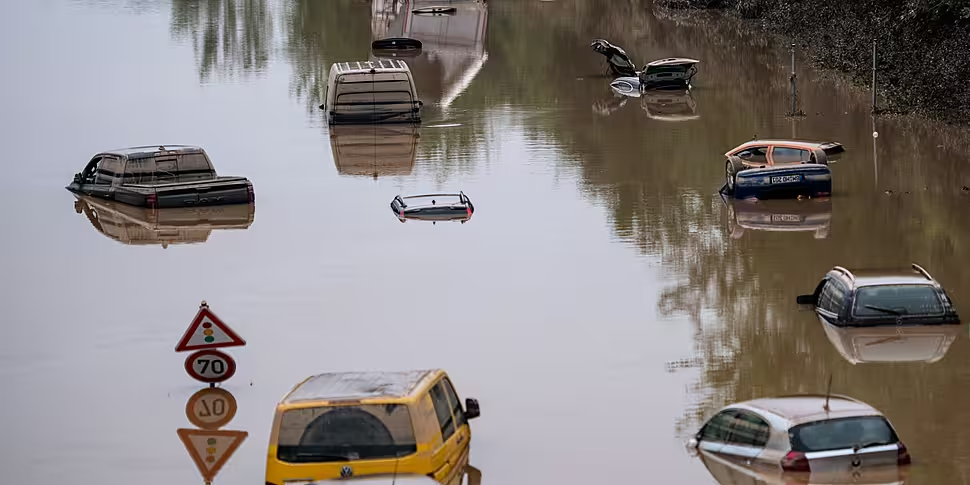At least 160 people are now confirmed to have died in historic flooding across western Europe.
There are fears the death toll will rise even further with hundreds of people still missing.
With more rain forecast in the coming days, there are concerns more flooding could be on the way – with a dam in Germany's North Rhine-Westphalia said to be at risk of collapse.
The floods have destroyed homes, swept away cars and caused mass outages to phone lines and internet connections.
Tanja Klopp from the Red Cross said the devastation has taken communities completely by surprise.
“All these people, if they haven’t lost people they know, they have lost all the things,” she said.
“Their houses are destroyed and this situation came as such a surprise to them. They are absolutely shocked and we are as well.”
One of the worst-hit areas is Germany's Ahrweiler county where more than 90 people are now known to have died.
Another 43 people have died North Rhine-Westphalia and 27 are dead across the border in Belgium.
German President Frank-Walter Steinmeier said he was "stunned" by the disaster.
"The floods have literally pulled the ground from beneath many people's feet. They lost their houses, farms or businesses," Mr Laschet told reporters.
Monica Decker lives in the village of Arloff.
“You don’t expect people to die in a flood in Germany,” she said.
“You expect it maybe in other countries but you don’t expect it here. But it was all too fast, too quick”
Some parts of Europe saw two months' worth of rain falling in two days ahead of the floods – with more than 150 litres per square metre falling over 24 hours in parts of western Germany.
A day of mourning has been declared in Belgium while Dutch Prime Minister Mark Rutte declared some regions disaster areas to free up emergency funds.









